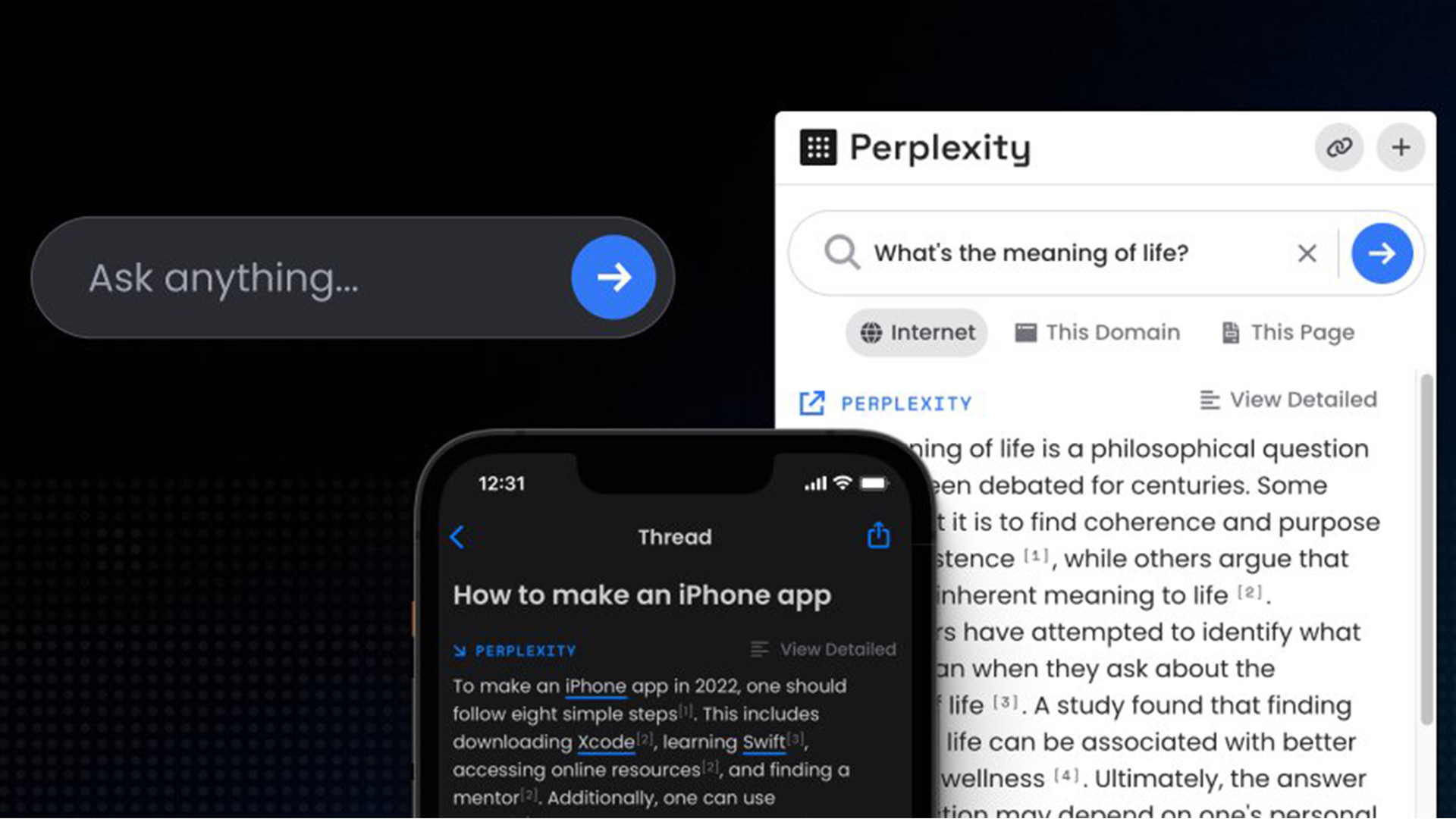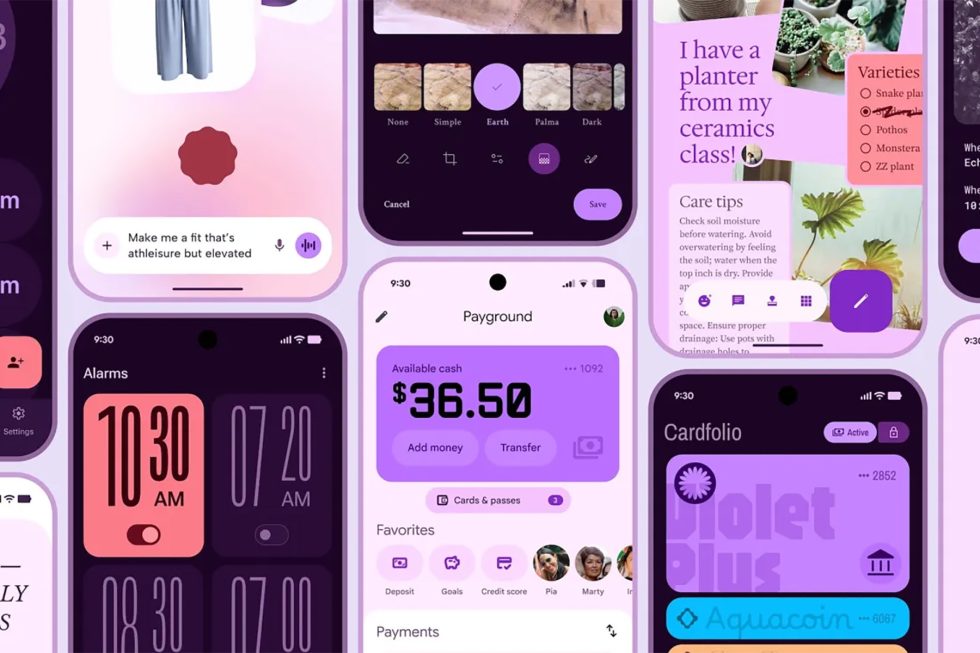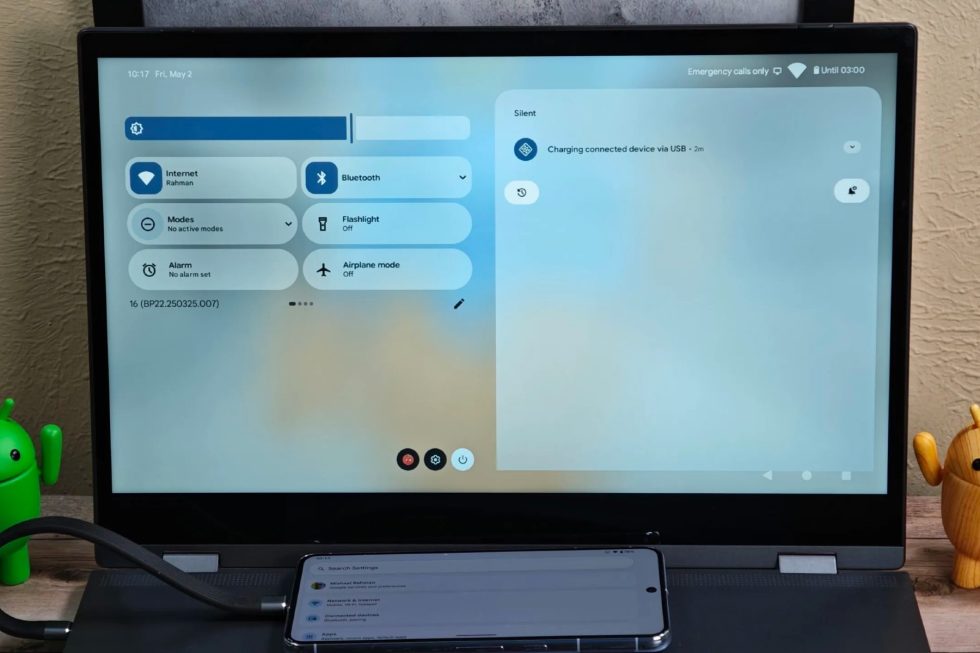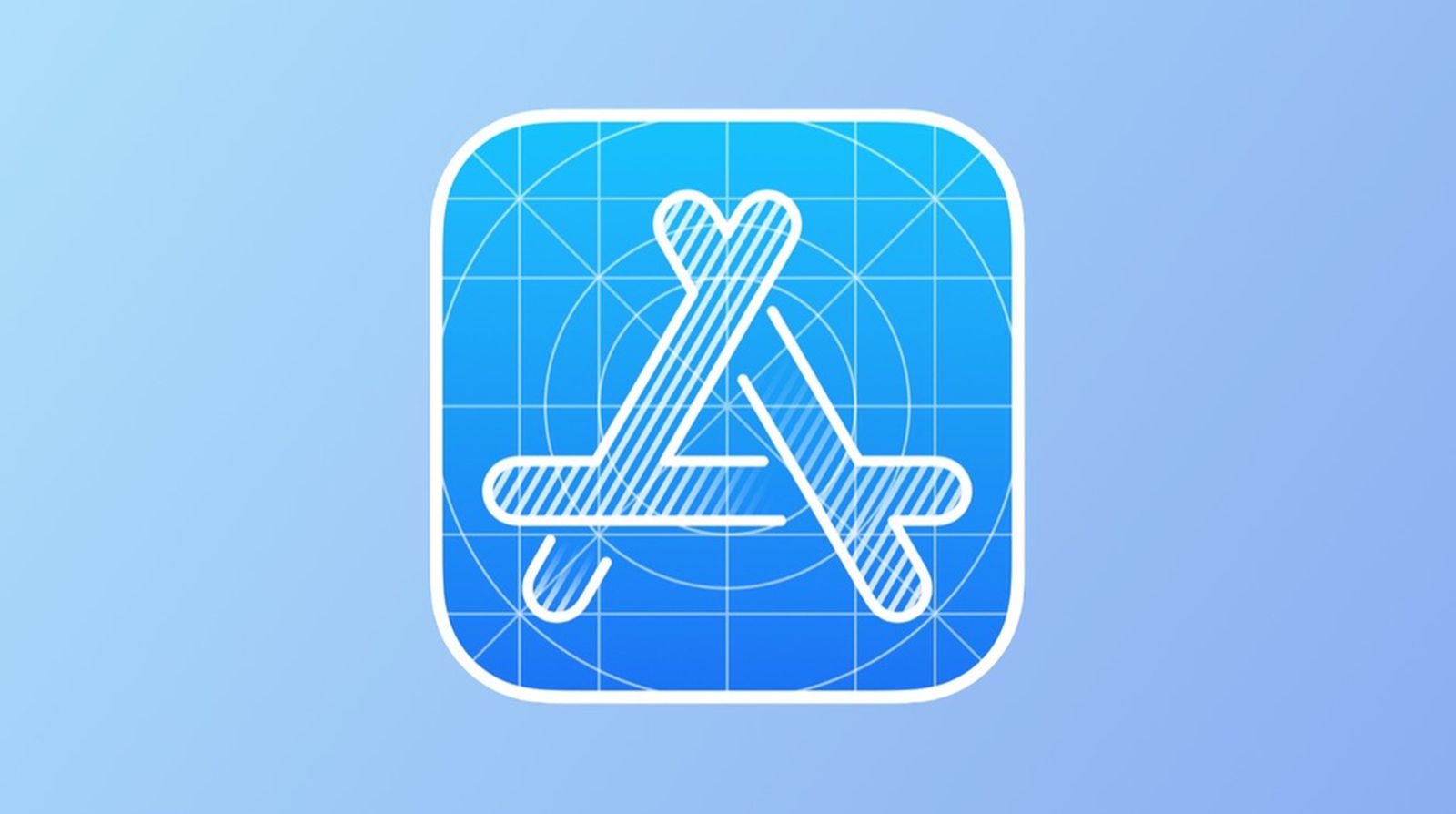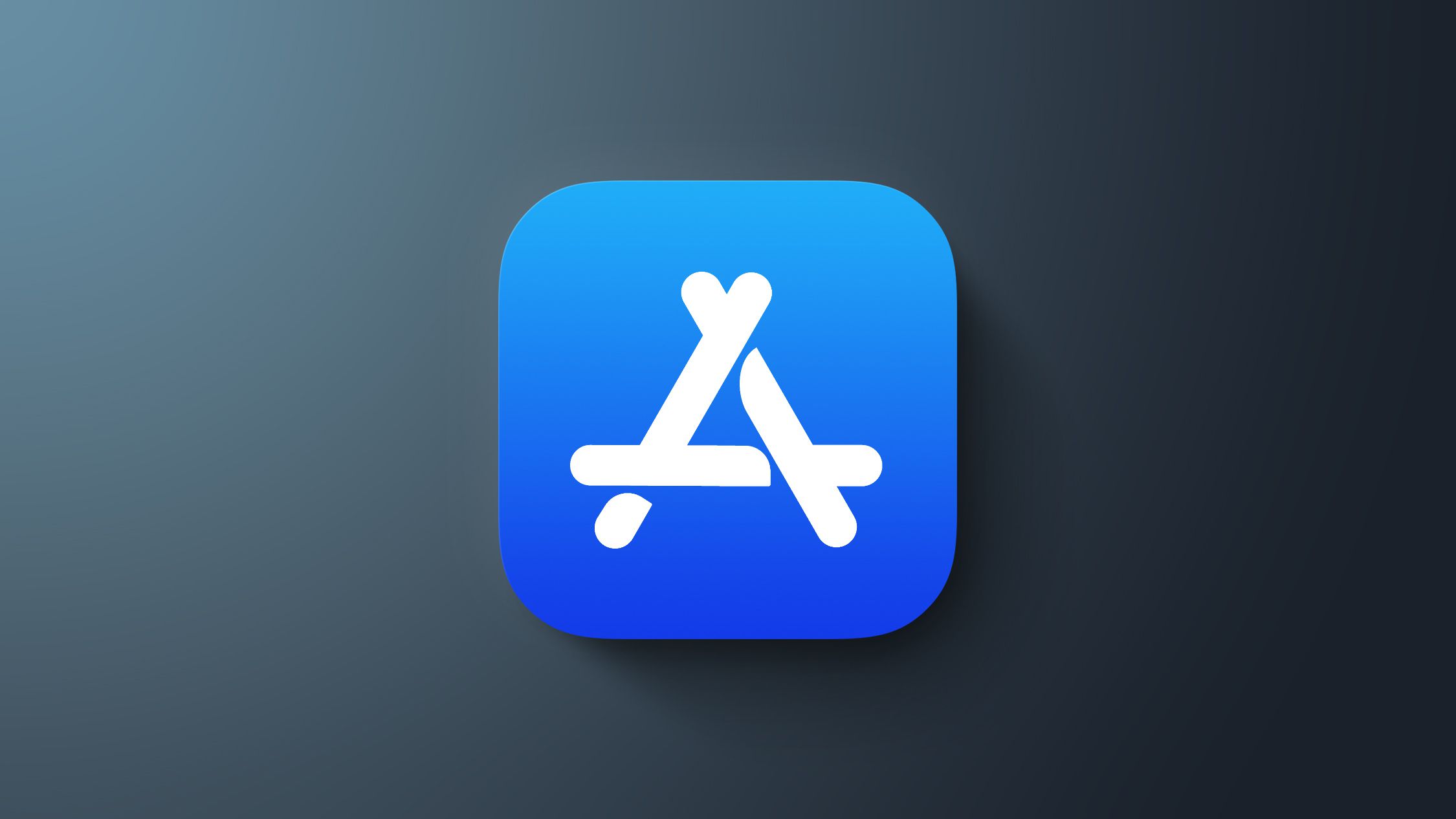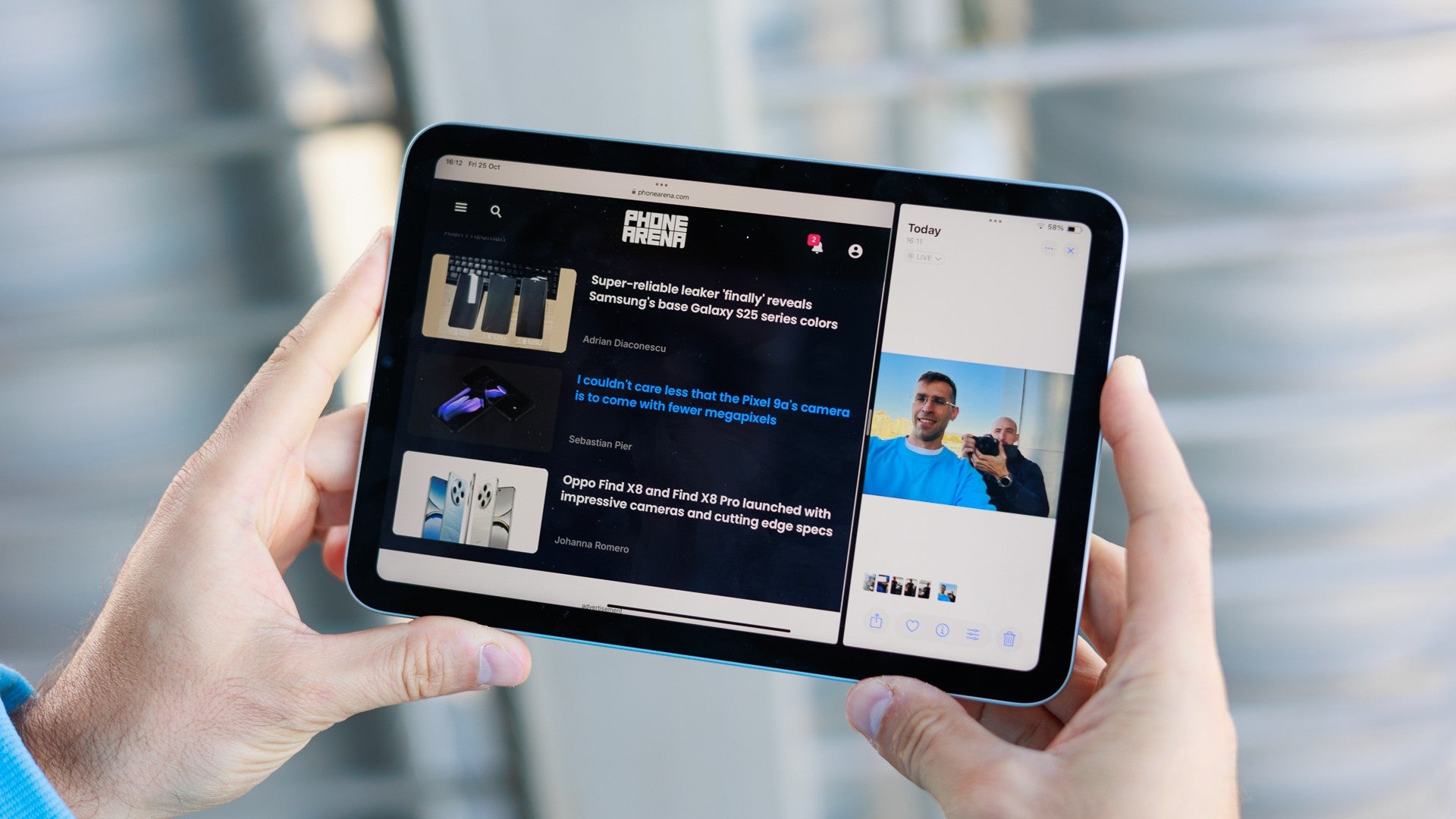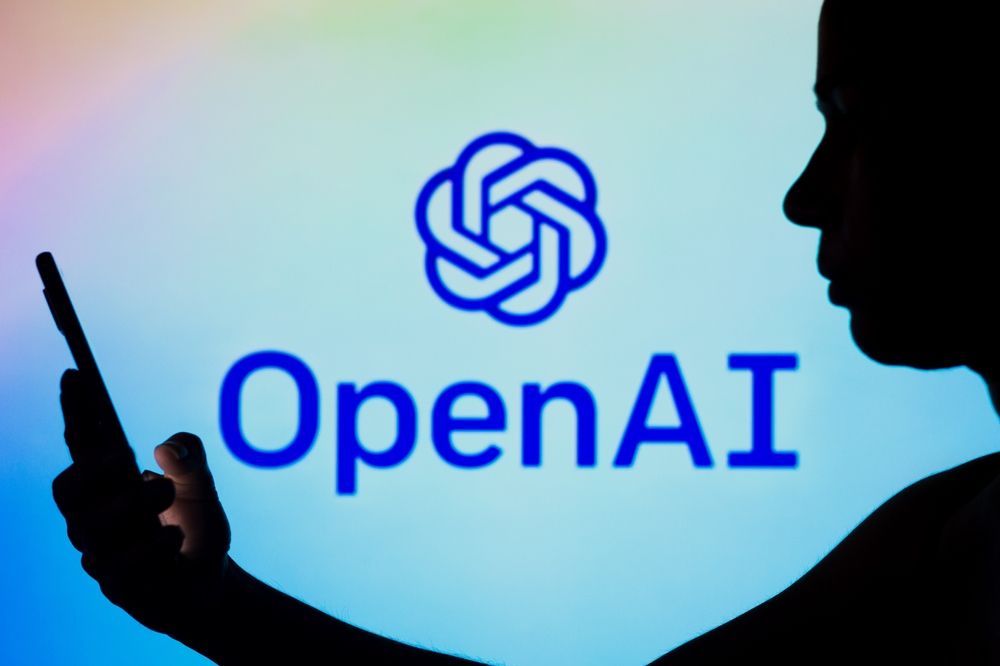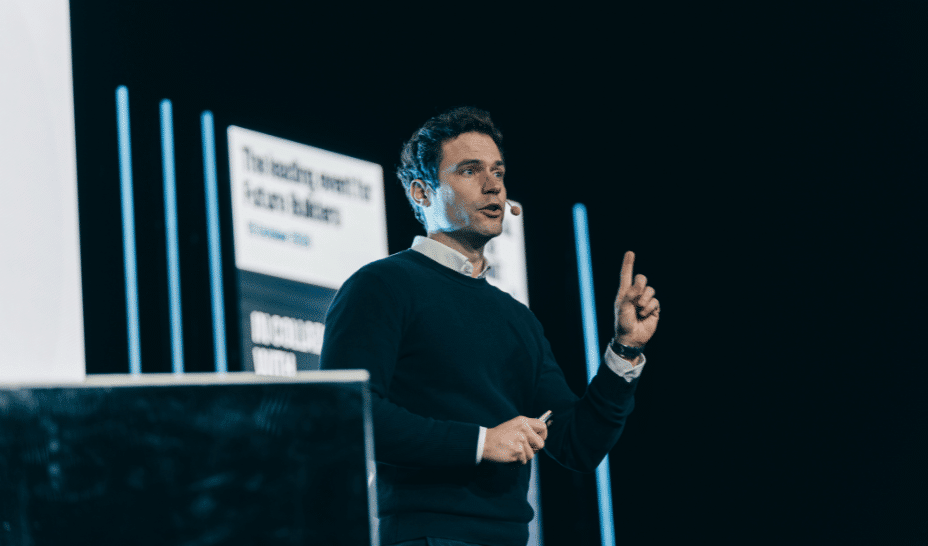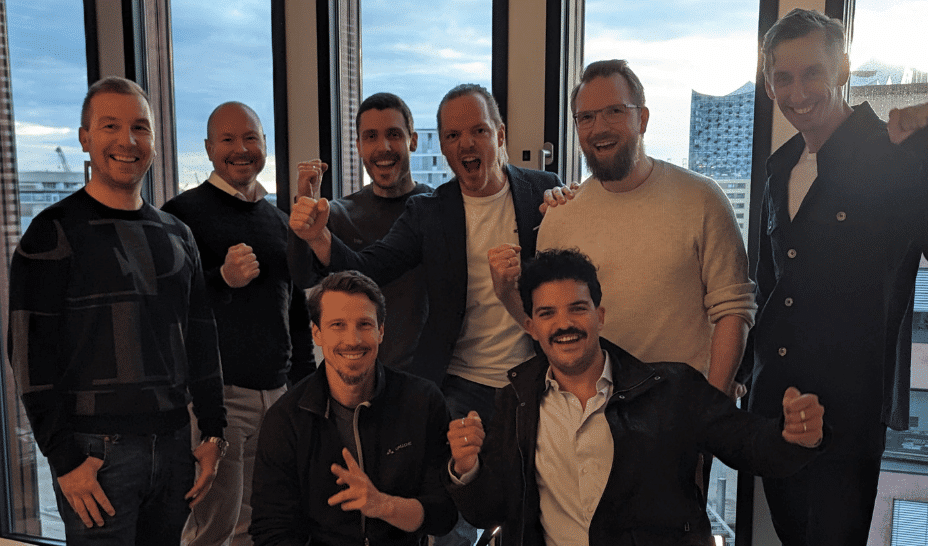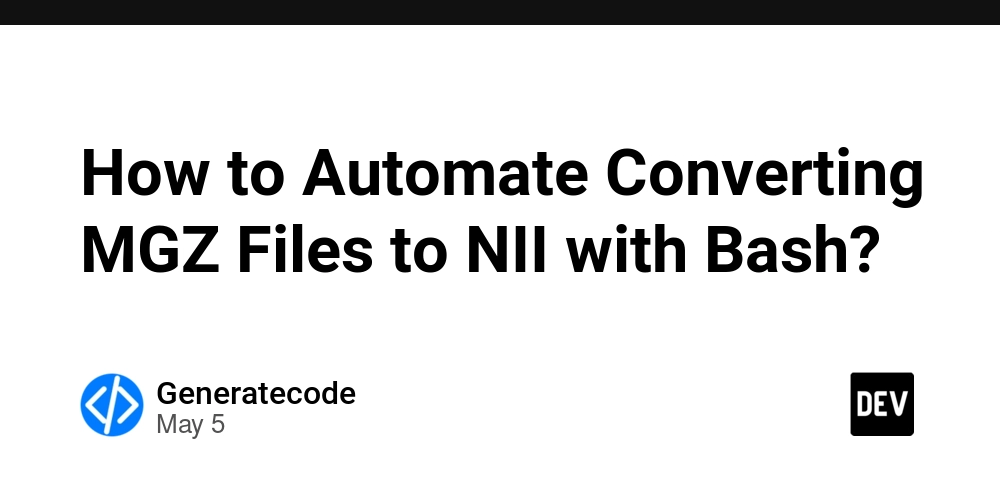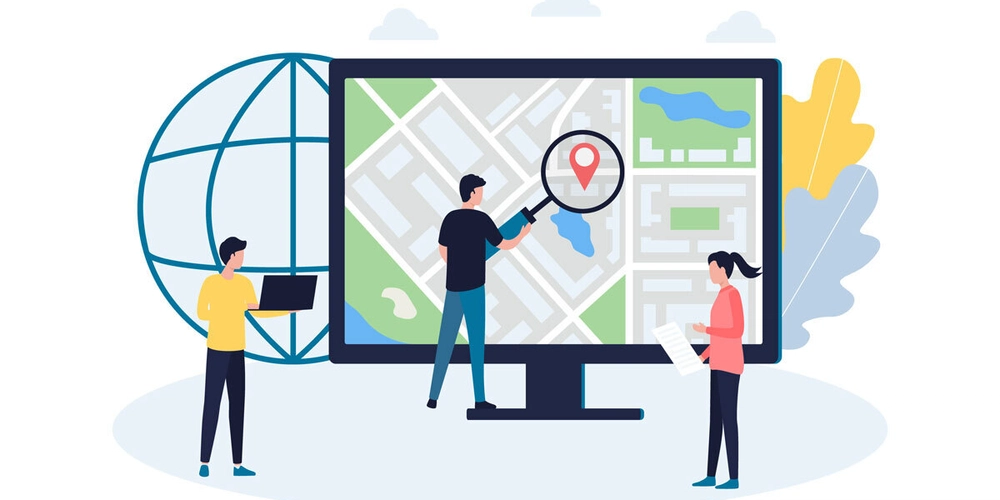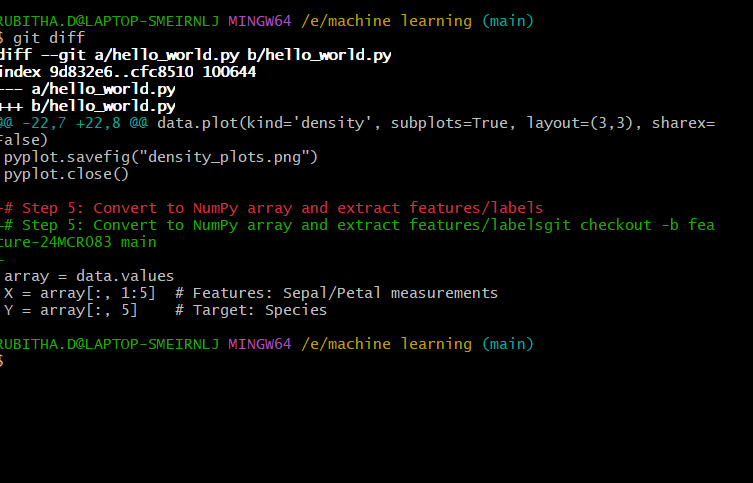Why Engineering Teams Should Build Their Own AI Coding Agents
Originally posted at https://qckfx.com/blog/why-engineering-teams-should-build-their-own-ai-coding-agents The Engineering Landscape of 2028 Imagine walking into an engineering department three years from now. The highest-performing teams will be defined by the proprietary AI systems they've built, customized for their specific codebases, architectural patterns, and business domains. These teams will wield AI as a strategic differentiator, not merely consume it. This is where our industry is clearly headed. As AI increasingly becomes the primary author of code across industries, the strategic advantage will shift from who can write the best code to who can best direct, customize, and optimize AI systems to write that code. The best engineering teams won't achieve these results by simply adopting off-the-shelf AI coding tools. They'll need something more fundamental: AI systems that embody their unique approaches to software development. To understand why building your own AI coding agents is essential, we need to examine the critical limitations of today's commercial offerings. The Generalization Problem Today's commercial AI coding tools suffer from a fundamental limitation: they're designed to serve everyone rather than excel for anyone. This is the classic trade-off between specialized and generalized solutions that appears across industries. When a capability becomes a competitive advantage, leading companies bring it in-house rather than relying on vendors who serve them alongside their competitors. These general-purpose tools must make compromises to accommodate diverse users. Their features, performance characteristics, and pricing models all reflect the needs of the average user rather than your team's specific requirements. The vendors build businesses around broad appeal, not targeted excellence. This creates a dangerous dependency. Your engineering velocity becomes hostage to the decisions of vendors whose incentives diverge from yours. Pricing pressure forces vendors to use less capable models than optimal for your specific needs. They invest heavily in elaborate scaffolding — representing the bulk of their development costs — to extract more performance from cheaper models, allowing them to maintain higher profit margins while delivering suboptimal results. These complex infrastructures built around today's models actively constrain tomorrow's capabilities. Generalized solutions take precedence over domain-specific optimization, further limiting the potential benefit to your unique codebase and challenges. The evidence speaks volumes. Anthropic's Claude Code—a relatively simple implementation leveraging the full capabilities of their Sonnet 3.7 model—outperforms more complex commercial offerings like Cursor and Windsurf, while narrowing the gap with even the most sophisticated solutions. Unlike many competitors who optimize for low cost, Claude Code offers a usage-based pricing model that allows teams to invest more for better performance. This approach recognizes what sophisticated engineering teams already know: the value of superior results often justifies higher costs. This demonstrates how the right model with minimal scaffolding often beats over-engineered solutions that make compromises to serve diverse customer bases at artificially constrained price points. Engineering Ethos as Competitive Advantage How you write, review, and test code reflects your engineering ethos. For technology companies, code isn't just a means to an end—it is the product. The processes, decisions, and values that shape this code constitute your core competency. This fundamental activity demands direct ownership, not outsourcing. Consider AI coding agents as a new form of compiler—not the traditional kind we're accustomed to like LLVM, but something far more profound. While traditional compilers translate code to machine instructions with a focus on efficiency and speed, AI coding agents convert high-level plans and designs into functional code. Their value stems not from optimization metrics, but from how they fill the gaps in your plans and inject "taste" into the implementation. This taste—embodied in subtle decisions about patterns, trade-offs, and style—becomes a direct extension of your engineering team's spirit and values. By building your own AI coding agents, you create a system that encodes your architectural preferences, quality standards, and technical philosophies directly into the code generation process. The subtle preferences in how errors are handled, interfaces designed, or performance optimized all emerge from your team's collective wisdom, amplified through customized AI. When you master system prompts that align with your codebase patterns, you transform general AI capabilities into specialized tools that understand your context. By feeding outputs from coding agents into review agents, you create a coherent development cycle that mirrors your tea

Originally posted at https://qckfx.com/blog/why-engineering-teams-should-build-their-own-ai-coding-agents
The Engineering Landscape of 2028
Imagine walking into an engineering department three years from now. The highest-performing teams will be defined by the proprietary AI systems they've built, customized for their specific codebases, architectural patterns, and business domains. These teams will wield AI as a strategic differentiator, not merely consume it.
This is where our industry is clearly headed. As AI increasingly becomes the primary author of code across industries, the strategic advantage will shift from who can write the best code to who can best direct, customize, and optimize AI systems to write that code.
The best engineering teams won't achieve these results by simply adopting off-the-shelf AI coding tools. They'll need something more fundamental: AI systems that embody their unique approaches to software development. To understand why building your own AI coding agents is essential, we need to examine the critical limitations of today's commercial offerings.
The Generalization Problem
Today's commercial AI coding tools suffer from a fundamental limitation: they're designed to serve everyone rather than excel for anyone. This is the classic trade-off between specialized and generalized solutions that appears across industries. When a capability becomes a competitive advantage, leading companies bring it in-house rather than relying on vendors who serve them alongside their competitors.
These general-purpose tools must make compromises to accommodate diverse users. Their features, performance characteristics, and pricing models all reflect the needs of the average user rather than your team's specific requirements. The vendors build businesses around broad appeal, not targeted excellence.
This creates a dangerous dependency. Your engineering velocity becomes hostage to the decisions of vendors whose incentives diverge from yours. Pricing pressure forces vendors to use less capable models than optimal for your specific needs. They invest heavily in elaborate scaffolding — representing the bulk of their development costs — to extract more performance from cheaper models, allowing them to maintain higher profit margins while delivering suboptimal results. These complex infrastructures built around today's models actively constrain tomorrow's capabilities. Generalized solutions take precedence over domain-specific optimization, further limiting the potential benefit to your unique codebase and challenges.
The evidence speaks volumes. Anthropic's Claude Code—a relatively simple implementation leveraging the full capabilities of their Sonnet 3.7 model—outperforms more complex commercial offerings like Cursor and Windsurf, while narrowing the gap with even the most sophisticated solutions. Unlike many competitors who optimize for low cost, Claude Code offers a usage-based pricing model that allows teams to invest more for better performance. This approach recognizes what sophisticated engineering teams already know: the value of superior results often justifies higher costs. This demonstrates how the right model with minimal scaffolding often beats over-engineered solutions that make compromises to serve diverse customer bases at artificially constrained price points.
Engineering Ethos as Competitive Advantage
How you write, review, and test code reflects your engineering ethos. For technology companies, code isn't just a means to an end—it is the product. The processes, decisions, and values that shape this code constitute your core competency. This fundamental activity demands direct ownership, not outsourcing.
Consider AI coding agents as a new form of compiler—not the traditional kind we're accustomed to like LLVM, but something far more profound. While traditional compilers translate code to machine instructions with a focus on efficiency and speed, AI coding agents convert high-level plans and designs into functional code. Their value stems not from optimization metrics, but from how they fill the gaps in your plans and inject "taste" into the implementation.
This taste—embodied in subtle decisions about patterns, trade-offs, and style—becomes a direct extension of your engineering team's spirit and values. By building your own AI coding agents, you create a system that encodes your architectural preferences, quality standards, and technical philosophies directly into the code generation process. The subtle preferences in how errors are handled, interfaces designed, or performance optimized all emerge from your team's collective wisdom, amplified through customized AI.
When you master system prompts that align with your codebase patterns, you transform general AI capabilities into specialized tools that understand your context. By feeding outputs from coding agents into review agents, you create a coherent development cycle that mirrors your team's approach to quality. Through the Model-Context Protocol (MCP), you incorporate your documentation, error patterns, and integration points into the AI's knowledge base. Even budget allocation becomes an expression of priorities—directing premium model processing toward critical components while economizing elsewhere.
In a world increasingly dominated by AI-generated code, engineering leaders must recognize that their competitive edge lies not in writing code manually, but in how they direct these new compilers. In-house AI coding agents become the primary channel through which your engineering ethos expresses itself. The resulting code embodies not just functional requirements but the spirit of your team and product—those intangible qualities that differentiate exceptional software from merely functional solutions. For an engineering-driven organization, outsourcing this capability would be akin to outsourcing your identity.
The Challenge of Building Your Own
Building in-house AI coding systems introduces real challenges. The operational overhead cannot be ignored: you'll need deployment and maintenance systems, evaluation frameworks for A/B testing your agents, monitoring tools to track performance, billing integration for cost management, and role-based access controls to govern usage patterns.
These operational concerns create significant friction. Most teams view these as the "un-fun" parts of development—the necessary but uninspiring infrastructure that drives hesitation to build rather than buy. You'll need systems for debugging agent behavior, ways to hop in and examine chat sessions when things go wrong, and audit trails to track decisions and outputs.
Yet the strategic importance of custom AI coding agents demands overcoming these challenges. While the infrastructure and frameworks for internal agent deployment aren't fully mature today, pioneering teams like ours are actively building these foundations. We envision a future where deploying custom AI coding agents becomes as seamless as deploying microservices is today—where the operational complexity fades into the background, letting the strategic value take center stage.
The Future Belongs to the Builders
The coming AI revolution in software engineering will not be defined by who adopts AI coding tools first, but by who understands their true strategic significance. As the technology matures, the distinction between those who merely consume AI capabilities and those who shape them will become increasingly stark.
The most forward-thinking engineering organizations already recognize that their competitive edge lies not in using the same commercial AI tools as everyone else, but in crafting AI systems that embody their unique engineering philosophy. These teams understand that in a world where AI increasingly writes the code, the crucial differentiator becomes how you shape the AI's approach to that code.
This vision requires courage—the willingness to invest in capabilities that many currently view as commodities. It requires foresight—the ability to see beyond the immediate convenience of off-the-shelf solutions to the long-term strategic implications of ceding control over how your code is written. Most importantly, it requires conviction that your engineering ethos matters enough to be worth preserving and amplifying through custom AI systems.
The transformation won't happen overnight, but the trajectory is clear. Three years from now, the leaders in every sector will not be distinguished by which commercial AI coding platforms they've licensed, but by how effectively they've integrated AI into their engineering culture and processes. The code these systems produce will be more than functional—it will be a direct expression of each organization's unique approach to problem-solving, quality, and craft.
This is not merely about building better tools. It's about ensuring that as AI assumes an ever-larger role in software creation, the resulting code still bears the unmistakable signature of your team's values and vision. The future of engineering excellence lies not in surrendering to the homogenizing influence of general-purpose AI, but in bending AI to express and amplify what makes your engineering culture exceptional.
Note: This post starts a conversation about the strategic future of AI in engineering teams. If you're navigating these decisions and would like to discuss further, I welcome connecting to share insights and experiences. Contact me at chris.wood@qckfx.com.
























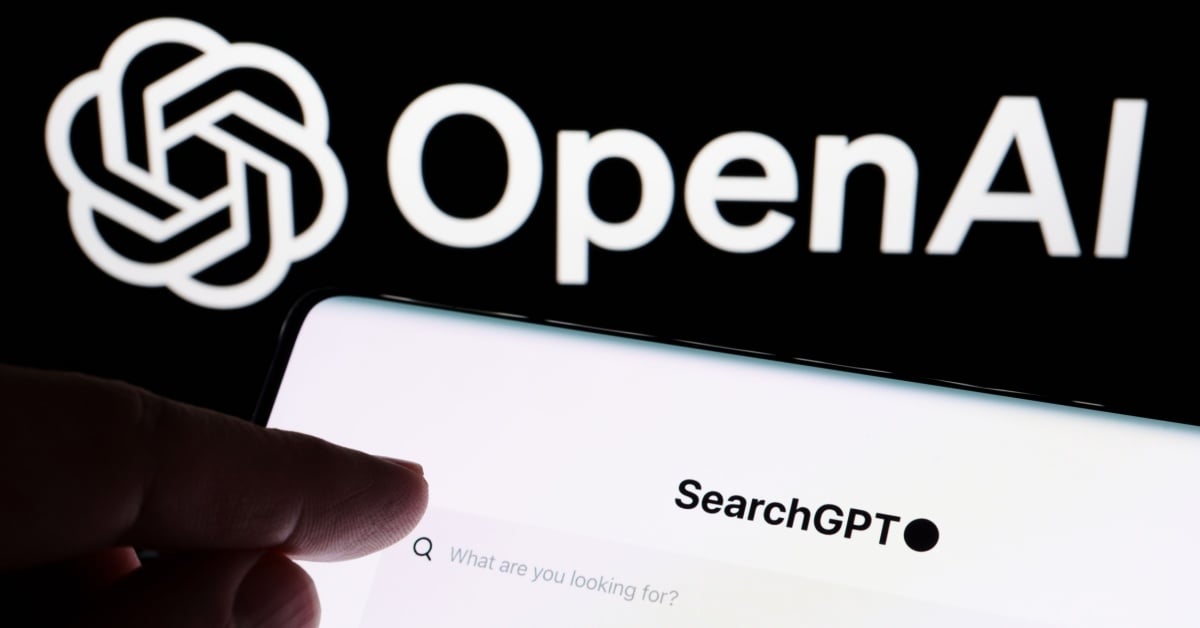













































































































































![[The AI Show Episode 145]: OpenAI Releases o3 and o4-mini, AI Is Causing “Quiet Layoffs,” Executive Order on Youth AI Education & GPT-4o’s Controversial Update](https://www.marketingaiinstitute.com/hubfs/ep%20145%20cover.png)











































































































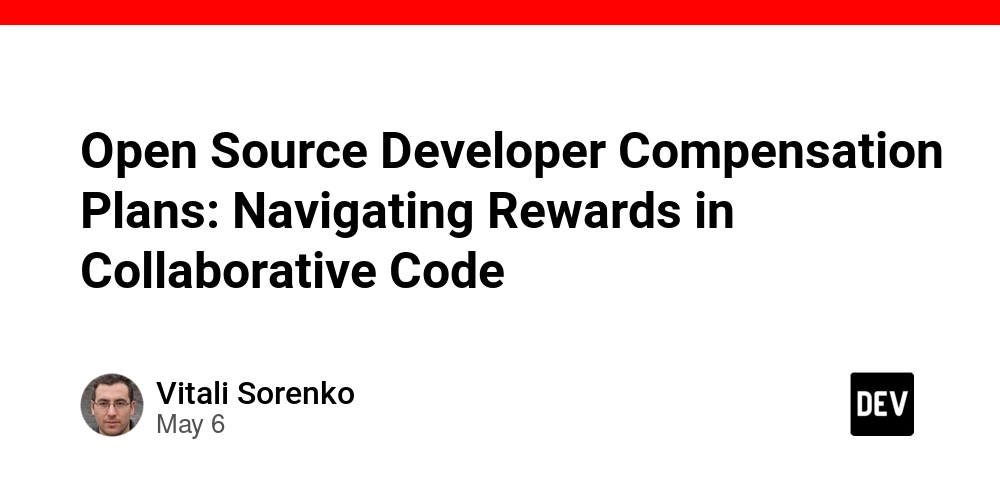

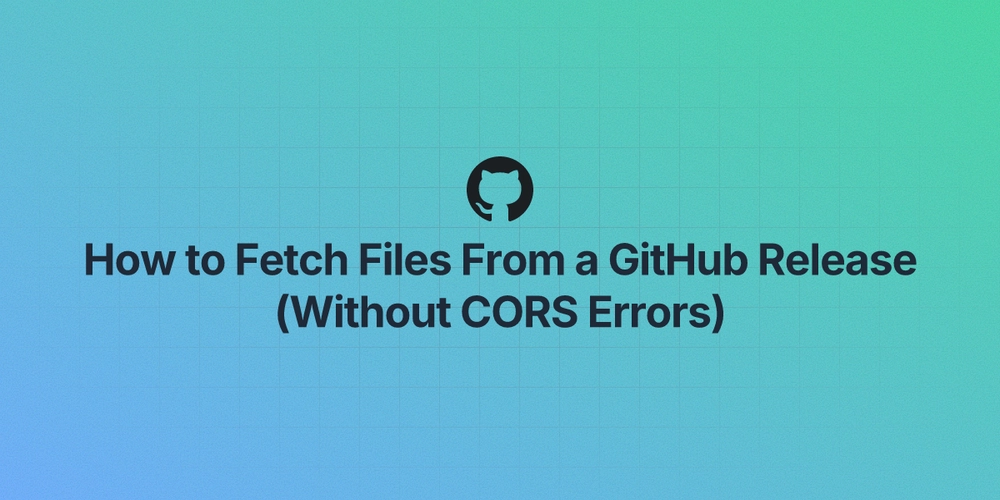
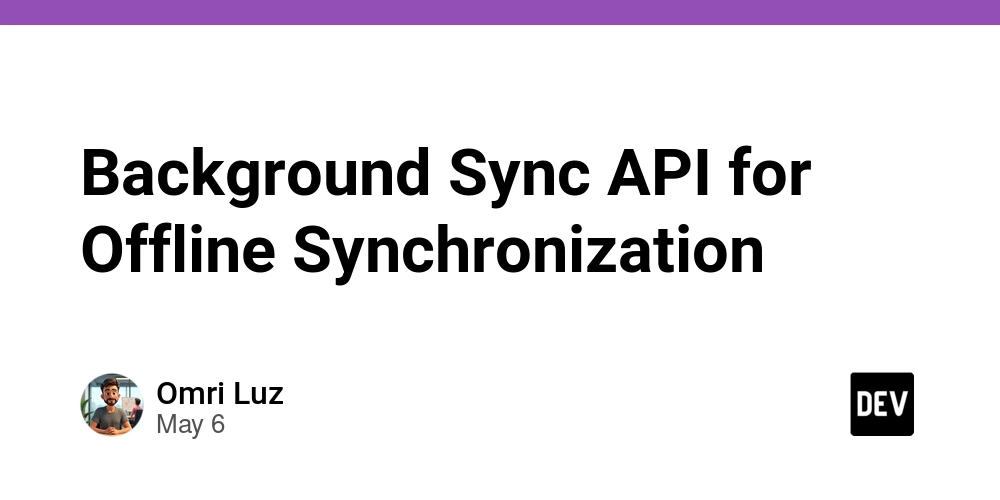












































































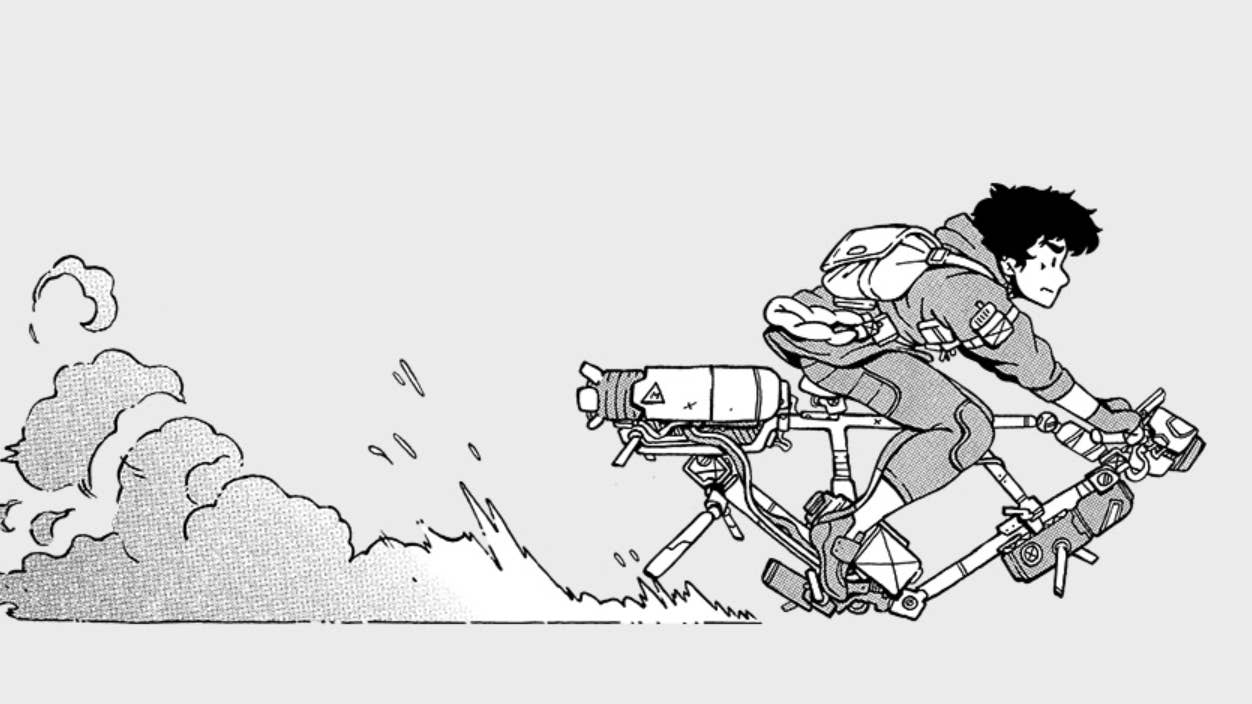































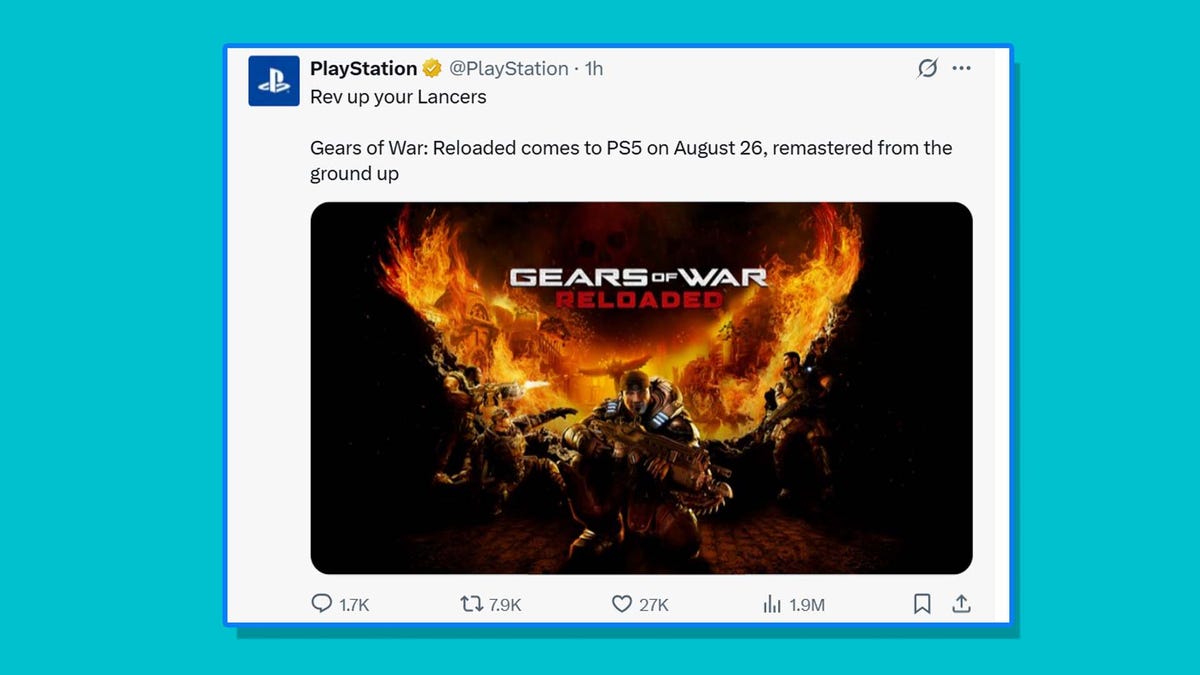






































































































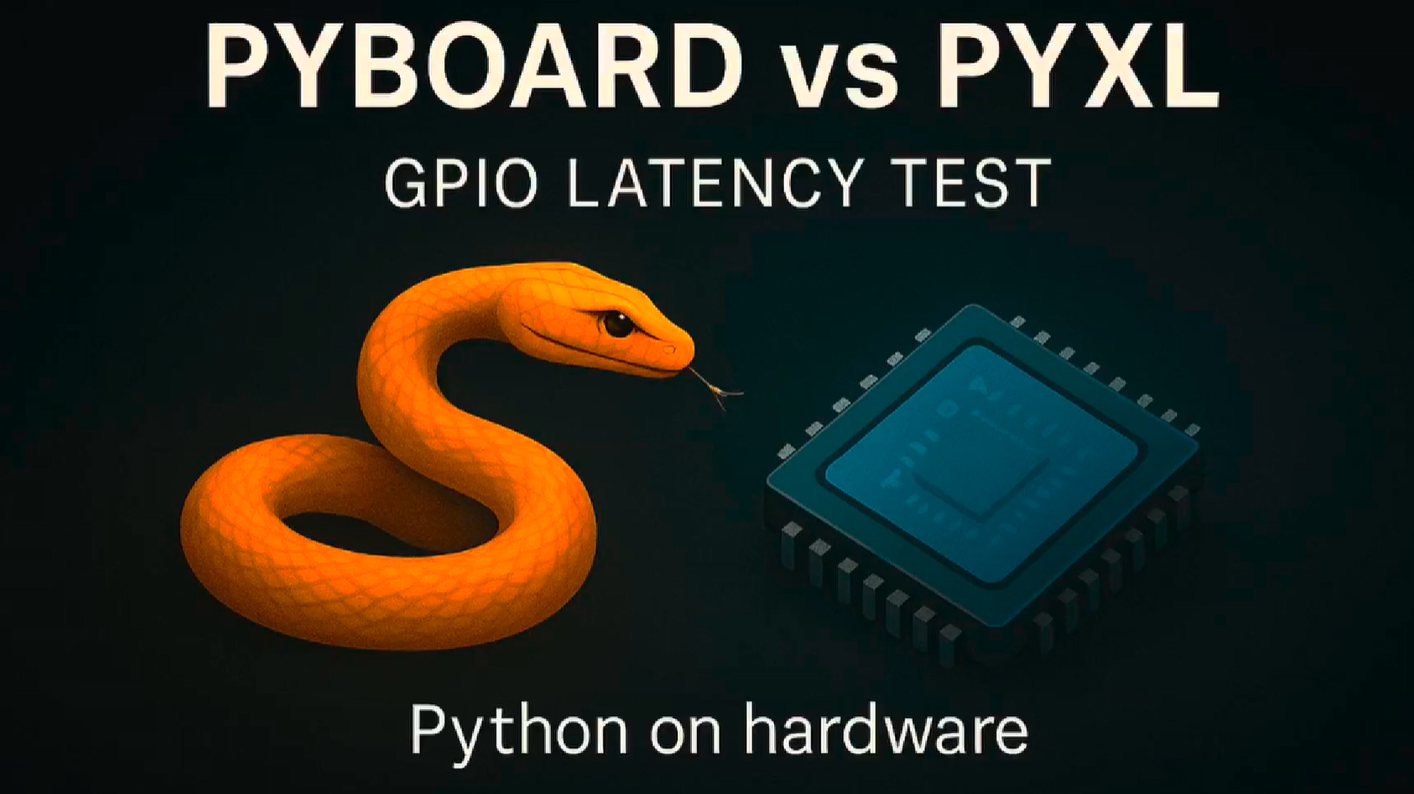
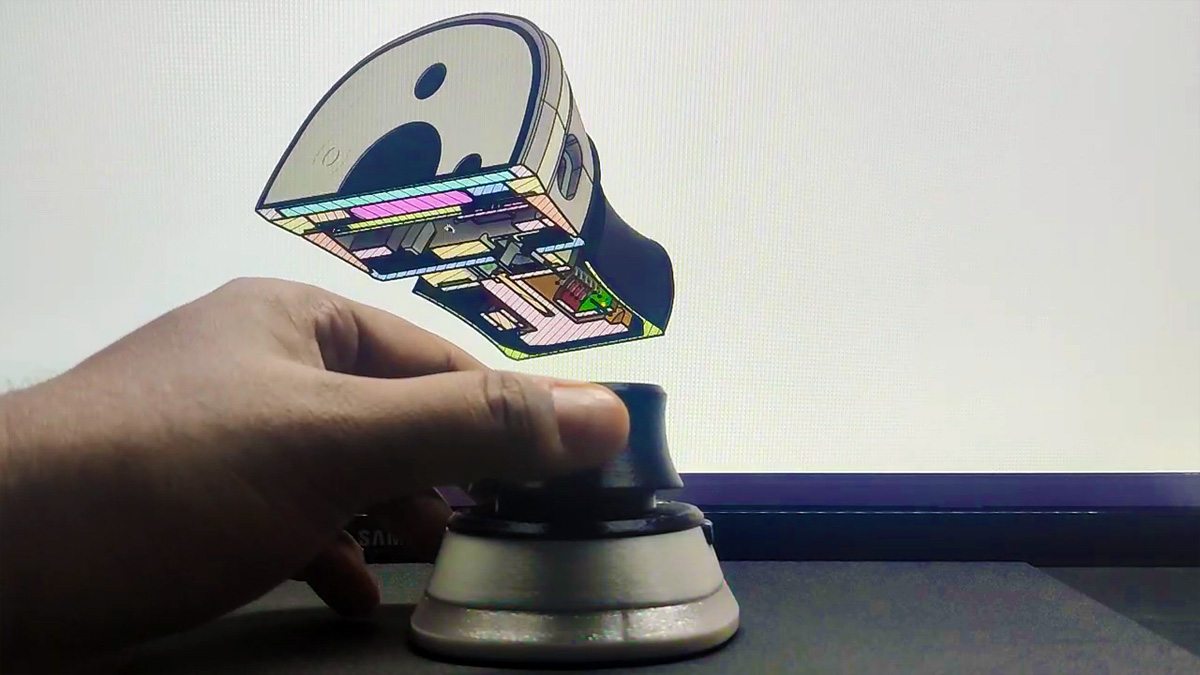
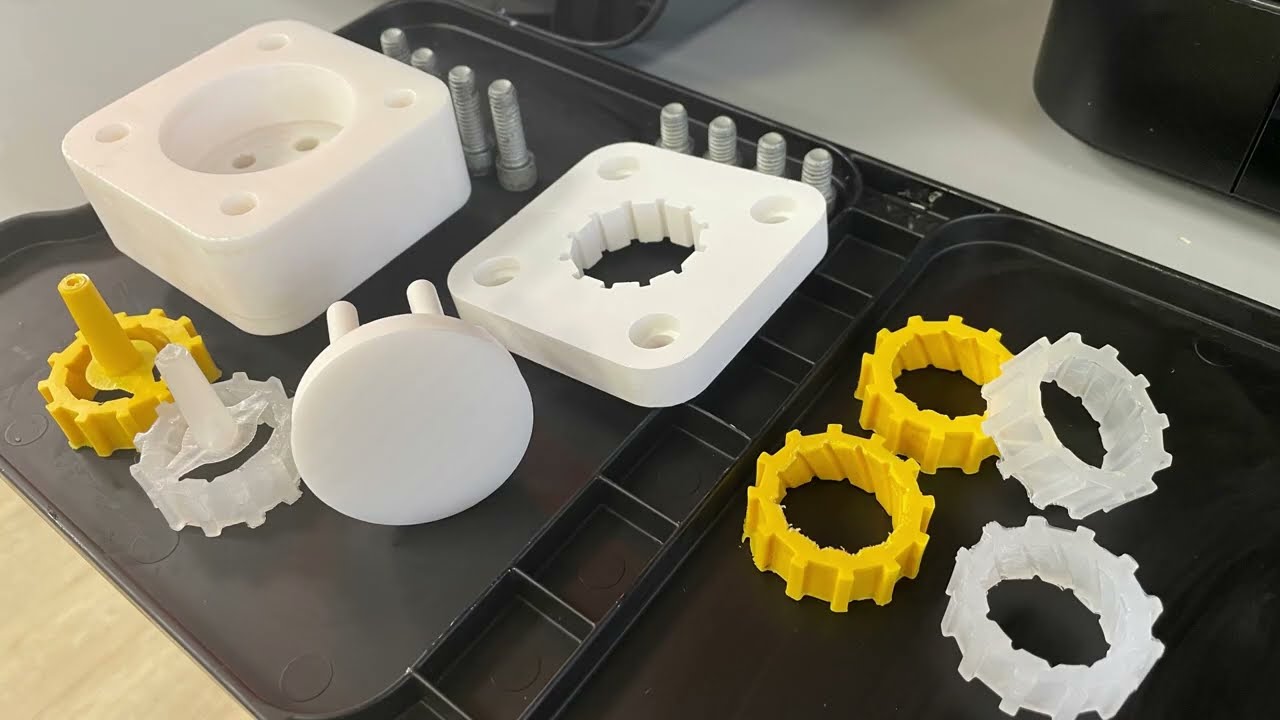
















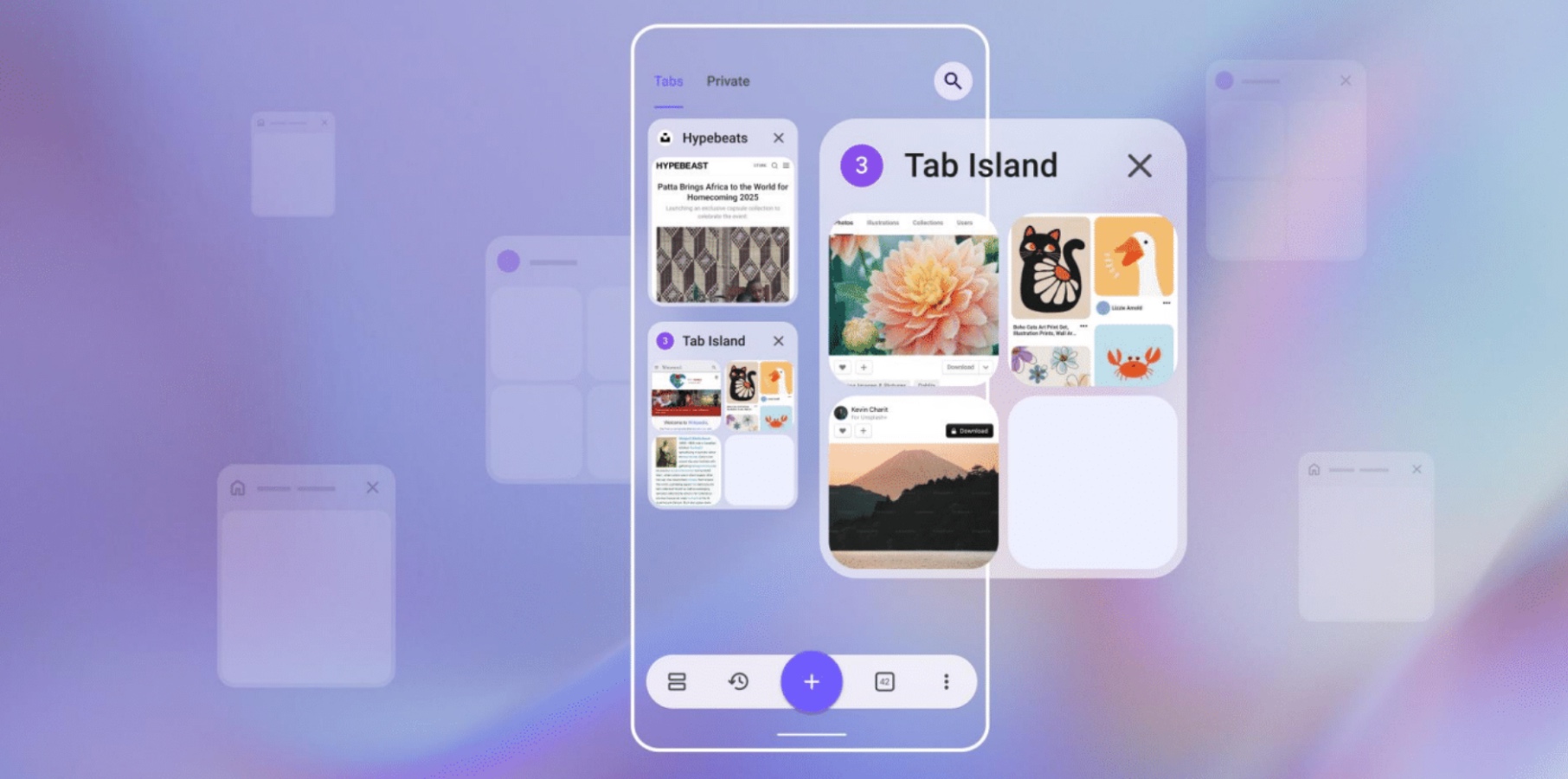






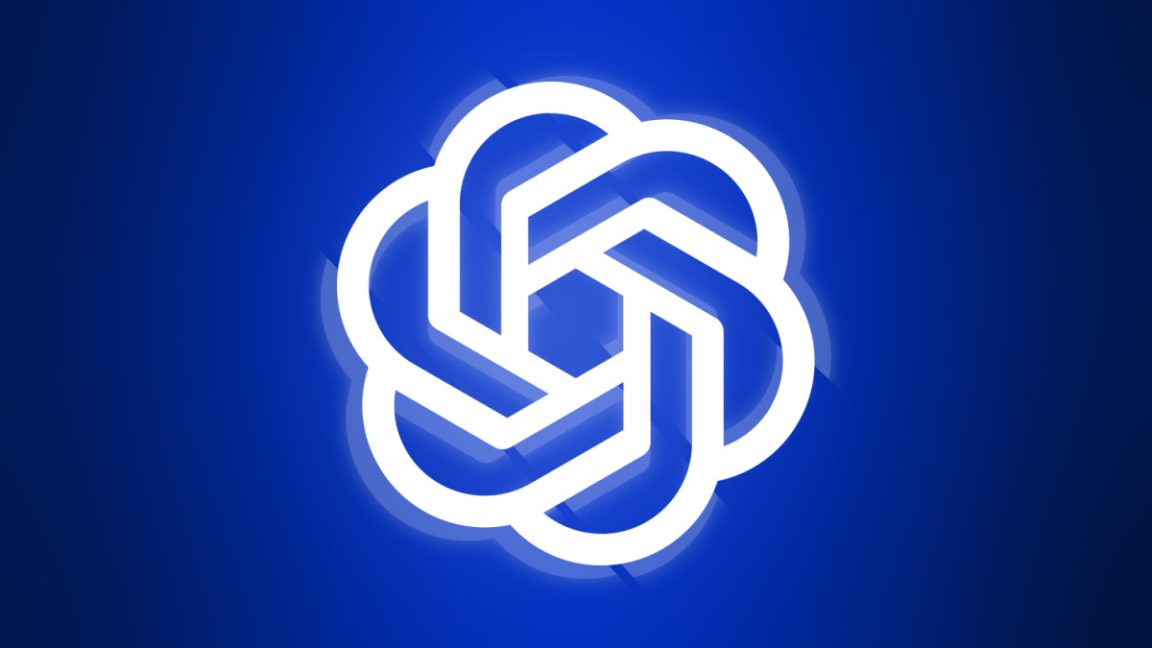

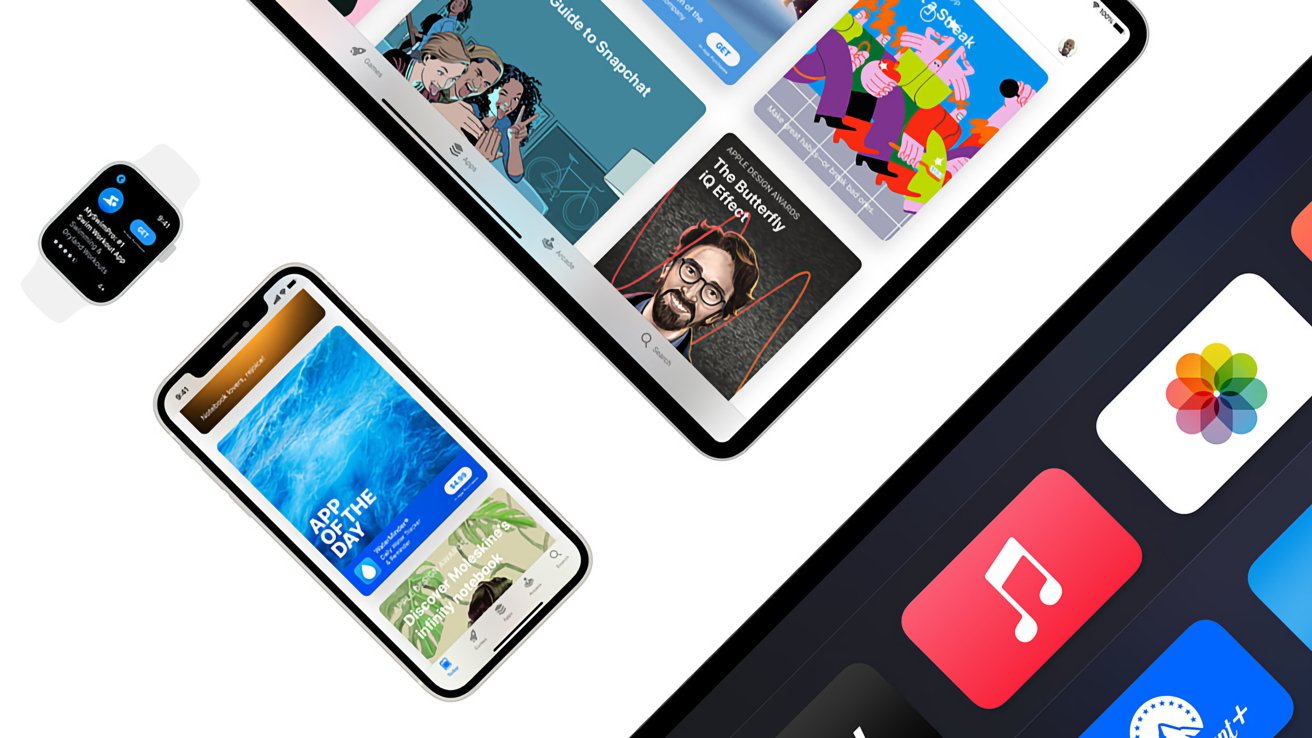

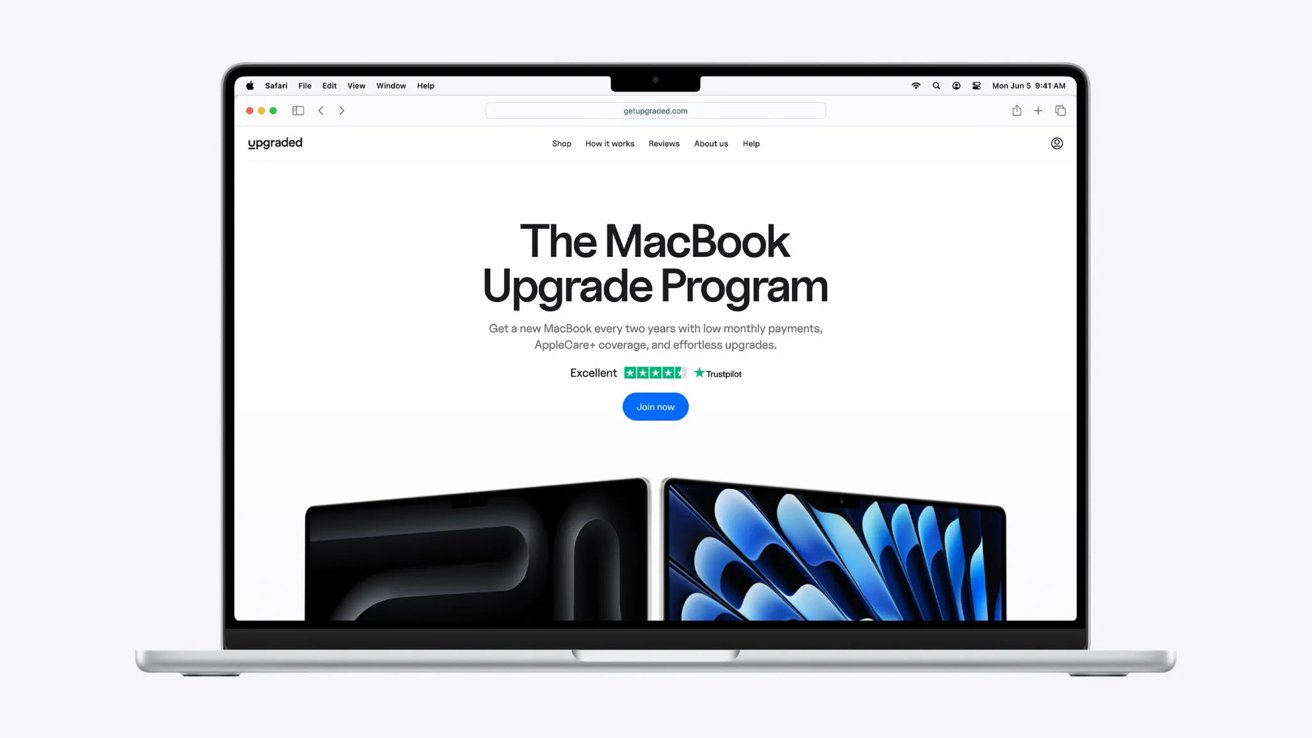

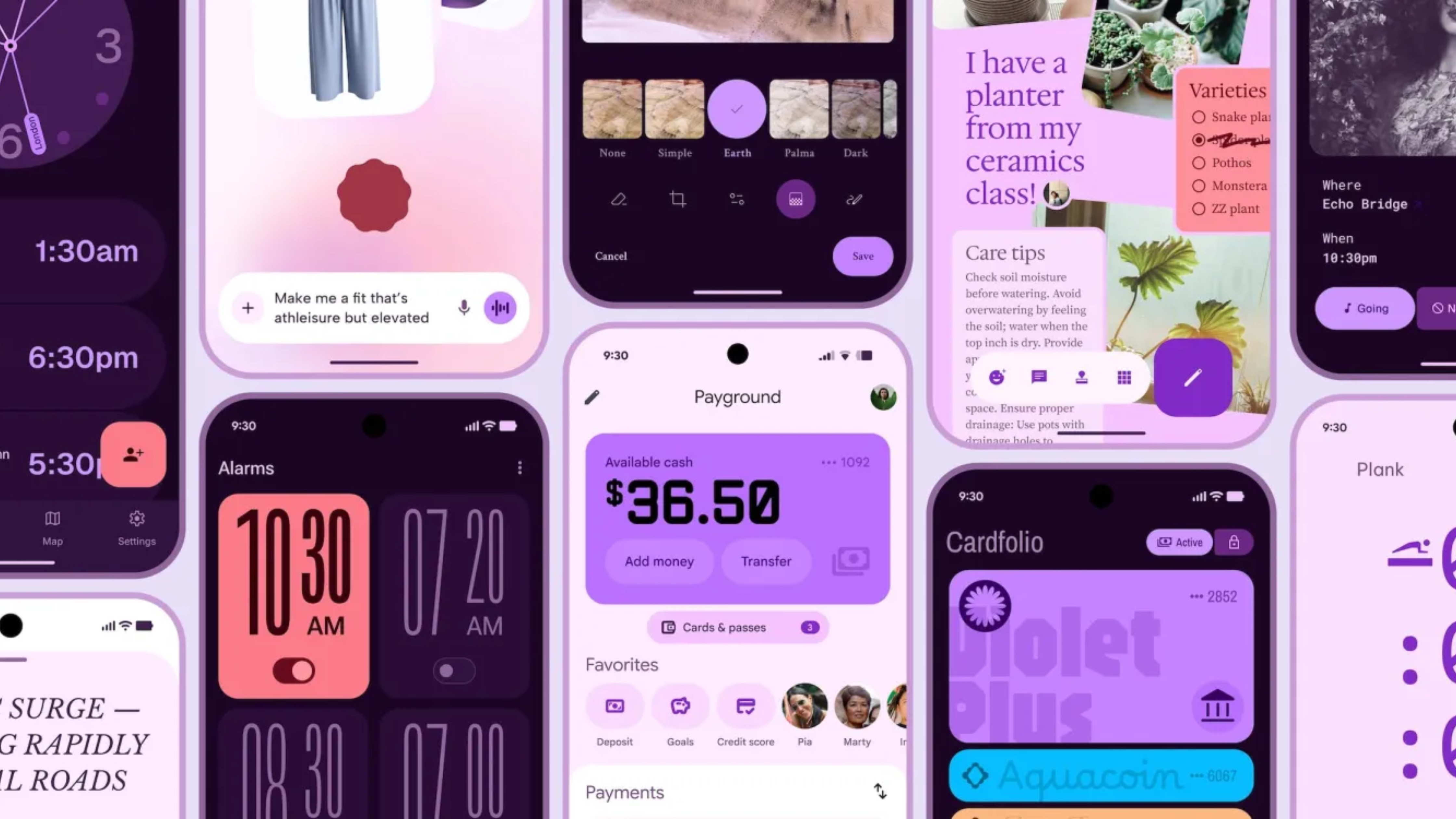








![Chrome 136 tones down some Dynamic Color on Android [U]](https://i0.wp.com/9to5google.com/wp-content/uploads/sites/4/2023/03/google-chrome-logo-4.jpg?resize=1200%2C628&quality=82&strip=all&ssl=1)














![Apple Shares Official Teaser for 'Highest 2 Lowest' Starring Denzel Washington [Video]](https://www.iclarified.com/images/news/97221/97221/97221-640.jpg)

![Under-Display Face ID Coming to iPhone 18 Pro and Pro Max [Rumor]](https://www.iclarified.com/images/news/97215/97215/97215-640.jpg)


















